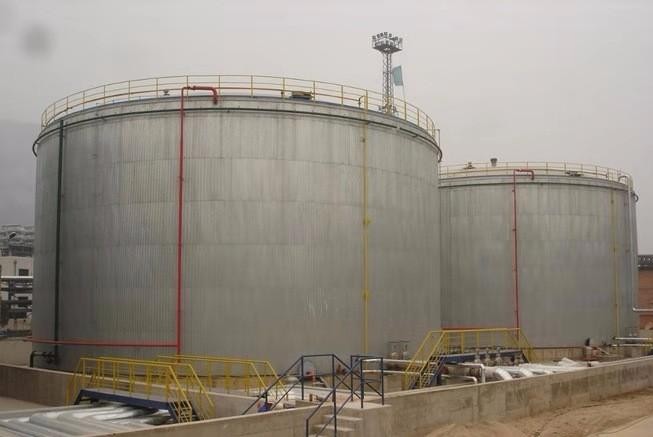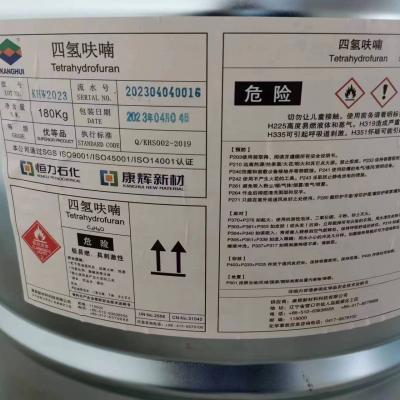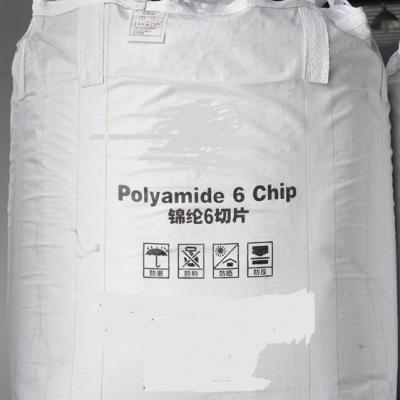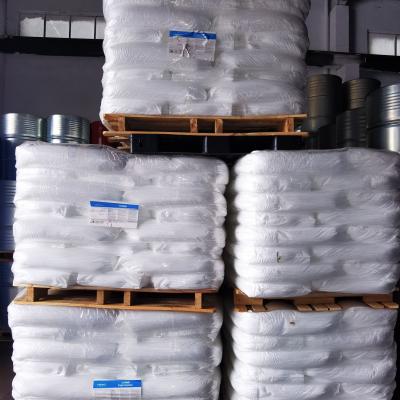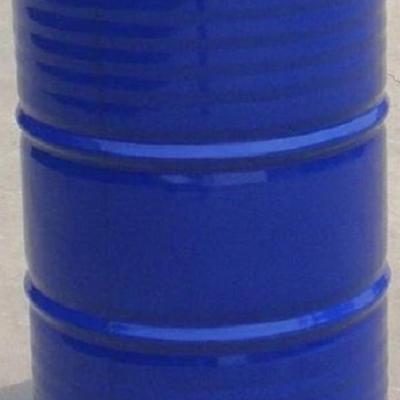
Home Products Benzene derivatives Phenol
Phenol
- Product Item : CAS#: 108-95-2
- Category: Benzene derivatives
Appplications
The major uses of Phenol, consuming two thirds of its production, involve its conversion to precursors for plastics. Condensation with acetone gives bisphenol-A, a key precursor to polycarbonates and epoxide resins. Condensation of phenol, alkylphenols, or diphenols with formaldehyde gives phenolic resins, a famous example of which is Bakelite. Partial hydrogenation of phenol gives cyclohexanone, a precursor to nylon. Nonionic detergents are produced by alkylation of phenol to give the alkylphenols, e.g., nonylphenol, which are then subjected to ethoxylation.
Phenol is also a versatile precursor to a large collection of drugs, most notably aspirin but also many herbicides and pharmaceutical drugs.
Phenol is a component in liquid–liquid phenol–chloroform extraction technique used in molecular biology for obtaining nucleic acids from tissues or cell culture samples. Depending on the pH of the solution either DNA or RNA can be extracted.
Medical
Phenol was widely used as an antiseptic. Its use was pioneered by Joseph Lister (see § History section).
From the early 1900s to the 1970s it was used in the production of carbolic soap. Concentrated phenol liquids are used for permanent treatment of ingrown toe and finger nails, a procedure known as a chemical matrixectomy. The procedure was first described by Otto Boll in 1945. Since that time phenol has become the chemical of choice for chemical matrixectomies performed by podiatrists.
Concentrated liquid phenol can be used topically as a local anesthetic for otology procedures, such as myringotomy and tympanotomy tube placement, as an alternative to general anesthesia or other local anesthetics. It also has hemostatic and antiseptic qualities that make it ideal for this use.
Phenol spray, usually at 1.4% phenol as an active ingredient, is used medically to treat sore throat. It is the active ingredient in some oral analgesics such as Chloraseptic spray, TCP and Carmex.
Niche uses
Phenol is so inexpensive that it also attracts many small-scale uses. It is a component of industrial paint strippers used in the aviation industry for the removal of epoxy, polyurethane and other chemically resistant coatings.
Due to safety concerns, phenol is banned from use in cosmetic products in the European Union and Canada.
(Quoted from Wikipedia)
CATEGORIES
LATEST NEWS
CONTACT US
Name:
Mobile:+8613914766626
Tel:+862584846433
Whatsapp:8613914766626
Email:vip@chemoceans.com
Add:11F Green Land International Business Centre, No.88 Gulou Street Gulou District Nanjing

